Study in Canada
Love to Study in Canada but not sure how to proceed? We are here to help you with your Canadian Student Visa.

institutes to be considered

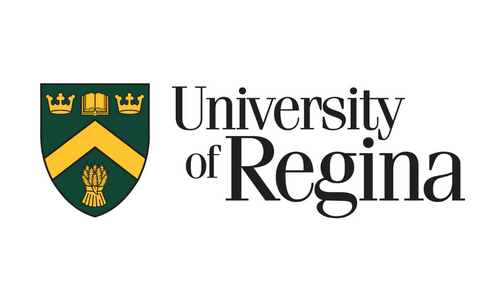


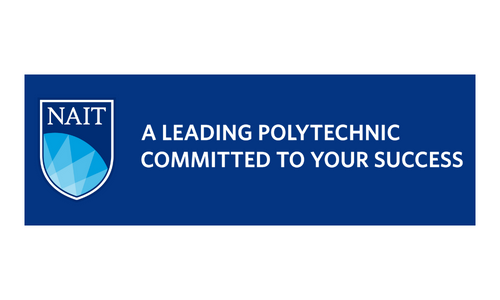
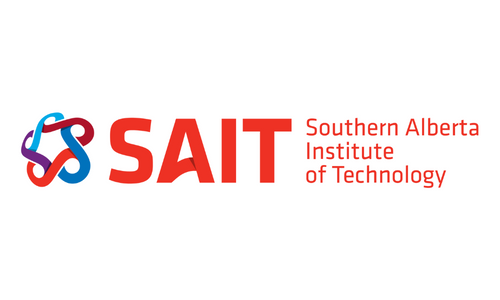

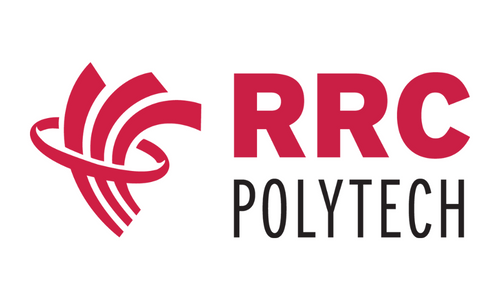

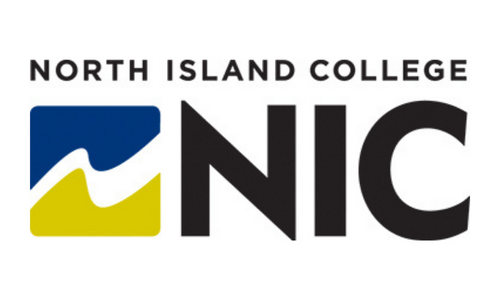
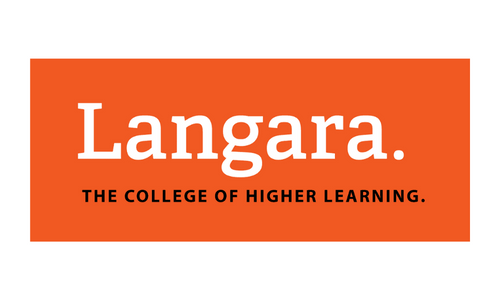
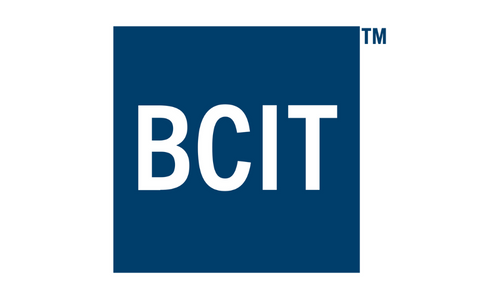

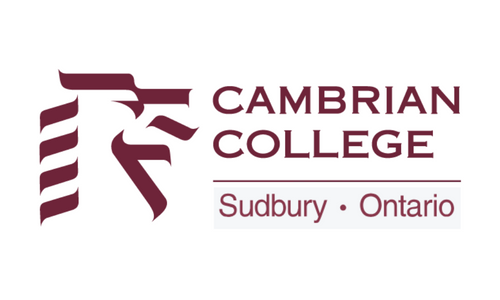
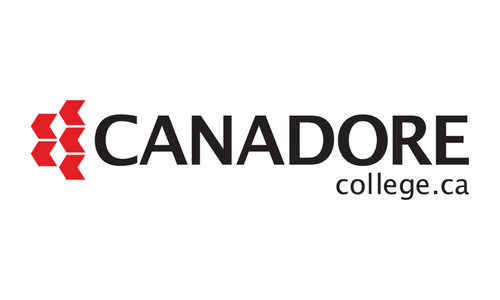


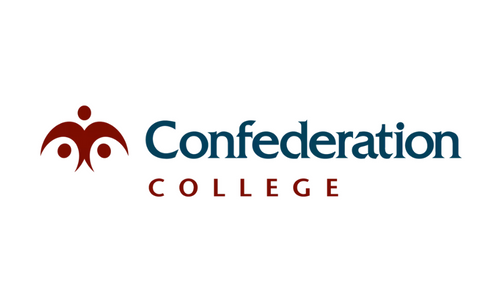


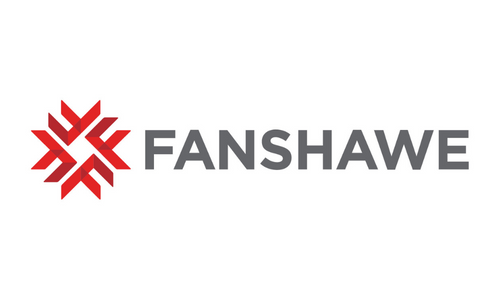
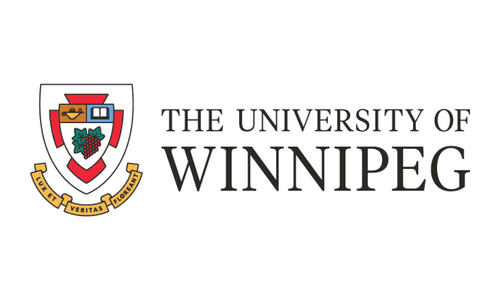
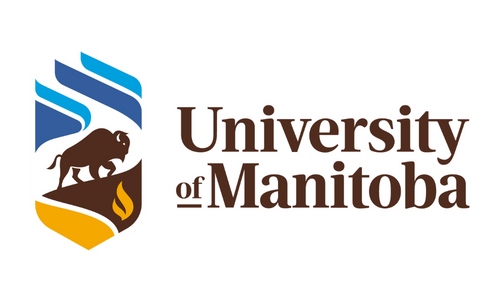


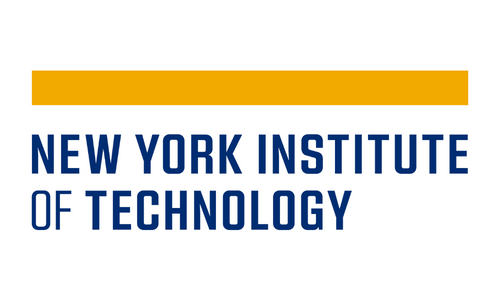
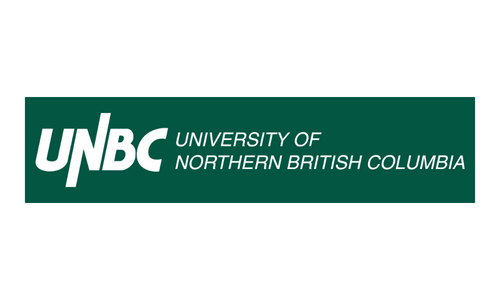


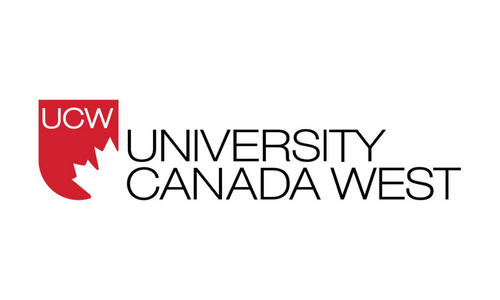
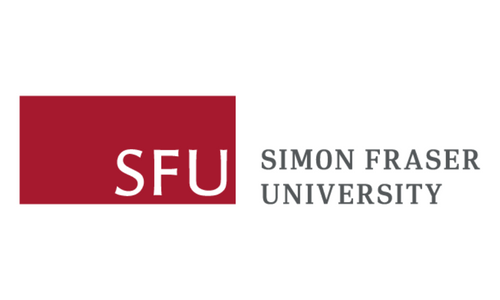
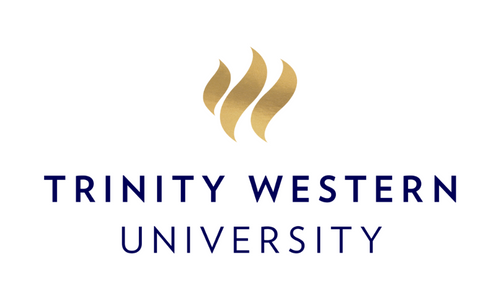
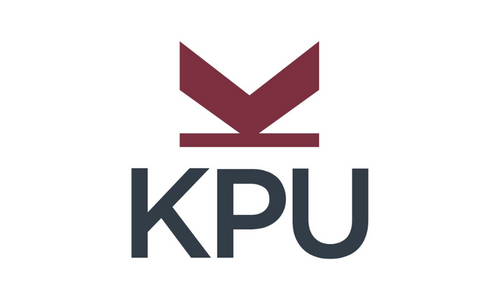
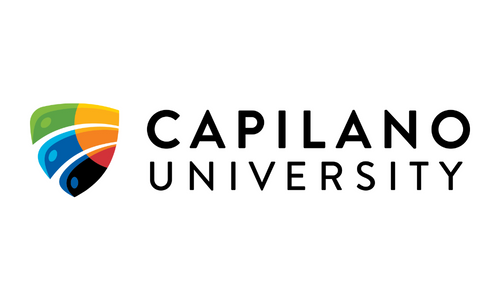
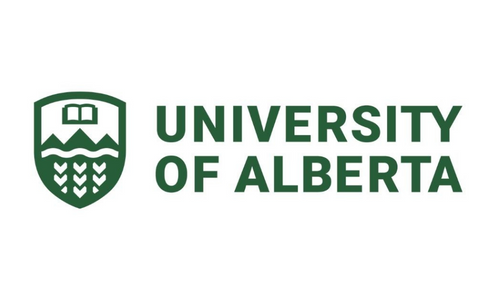
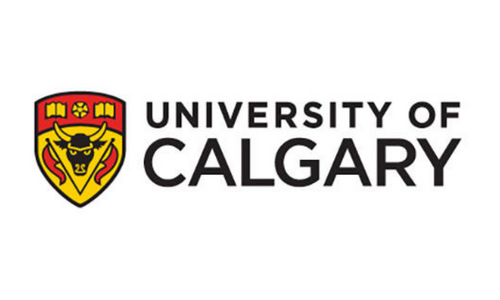
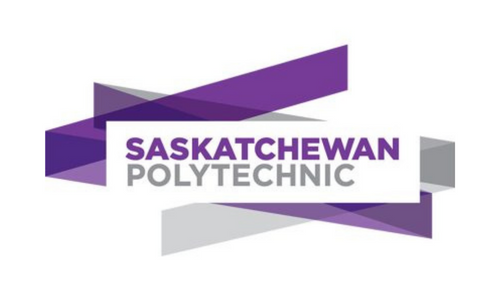
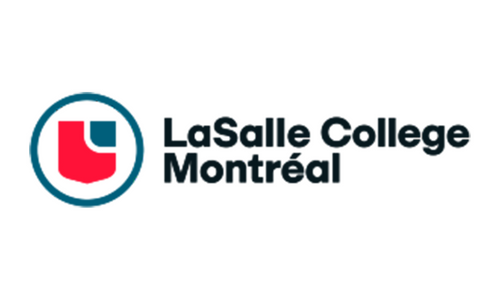
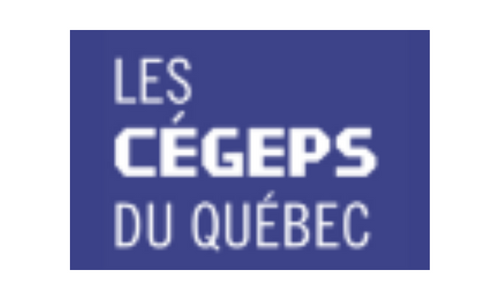



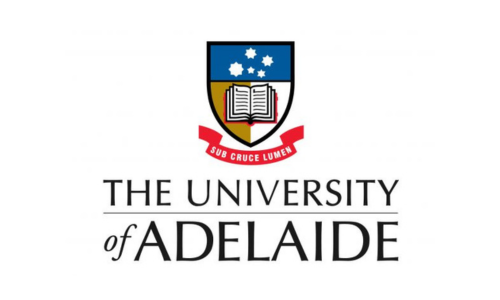


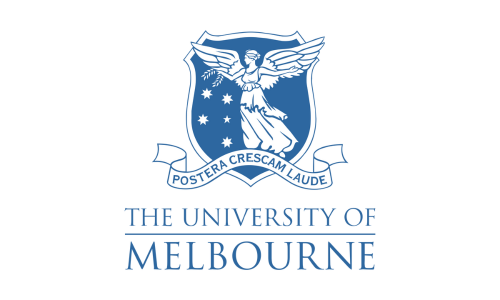
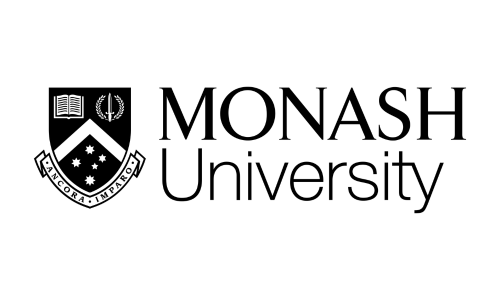


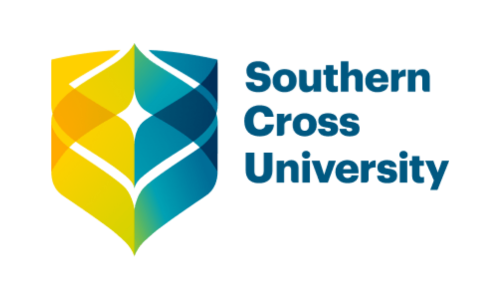

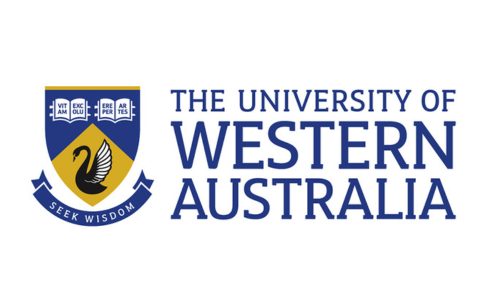
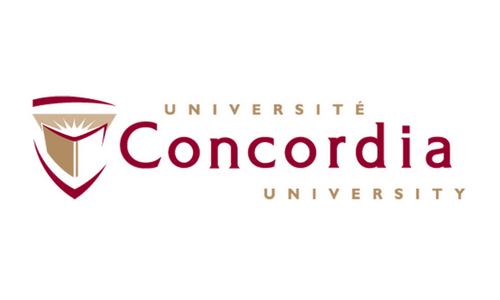
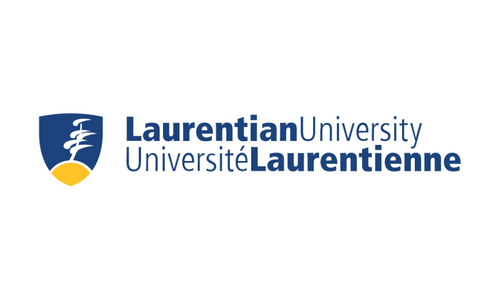
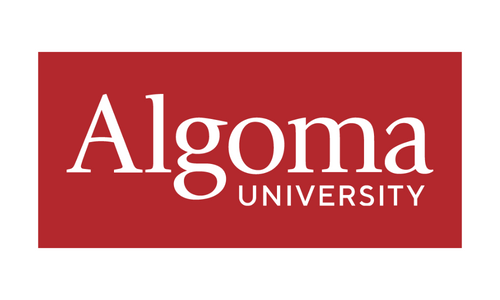
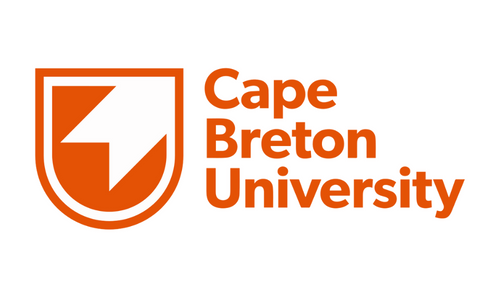

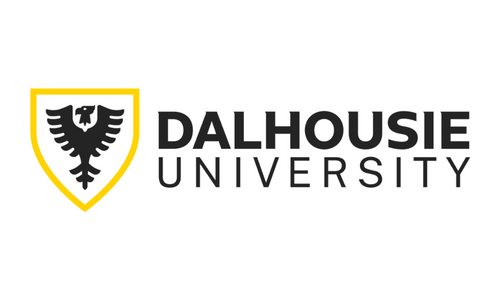


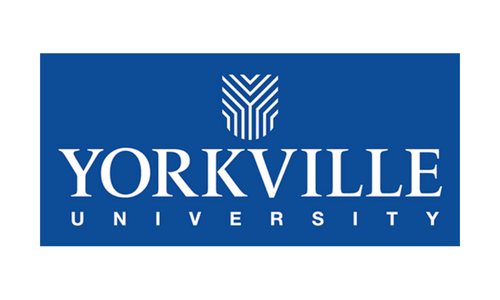
Canada offers a welcoming and inclusive environment for international students from a studying point of view.
The Canadian education system places a strong emphasis on critical thinking, research, and practical application of knowledge. Students are encouraged to actively participate in discussions, engage in collaborative projects, and develop independent thought. The learning environment is typically interactive and fosters open dialogue between students and professors.
With a strong commitment to diversity, tolerance, and inclusivity, studying in Canada allows international students to gain exposure to different cultures, perspectives, and ideas, fostering a rich and transformative academic journey.

Why study in Canada?
- A degree from a reputed Canadian University is acknowledged globally. In 2021, around 26 universities from Canada made it to the QS World University Rankings.
- Canada has a simple immigration policy and students can apply for Permanent Residency (PR) after graduating and obtain citizenship in the future.
- Students are allowed to work and earn while studying in Canada.
Approximate cost of studying in Canada
Please note the tuition fee and cost of living vary across provinces and programs.
- Tuition Fees: CAD 18,000 – 19,000 (Rs 10-11 lakh) annually
- Health Insurance Coverage: CAD 840 annually or CAD 70 per month (Rs 50,000)
- Student Charges: CAD 400 (Rs 23,000) annually
- Books: CAD 600 (Rs 35,000) annually
- Rent (on-campus) – If any, CAD 7,200 annually or CAD 600 every month (Rs 4.5 lakh/year)
Our Success Stories
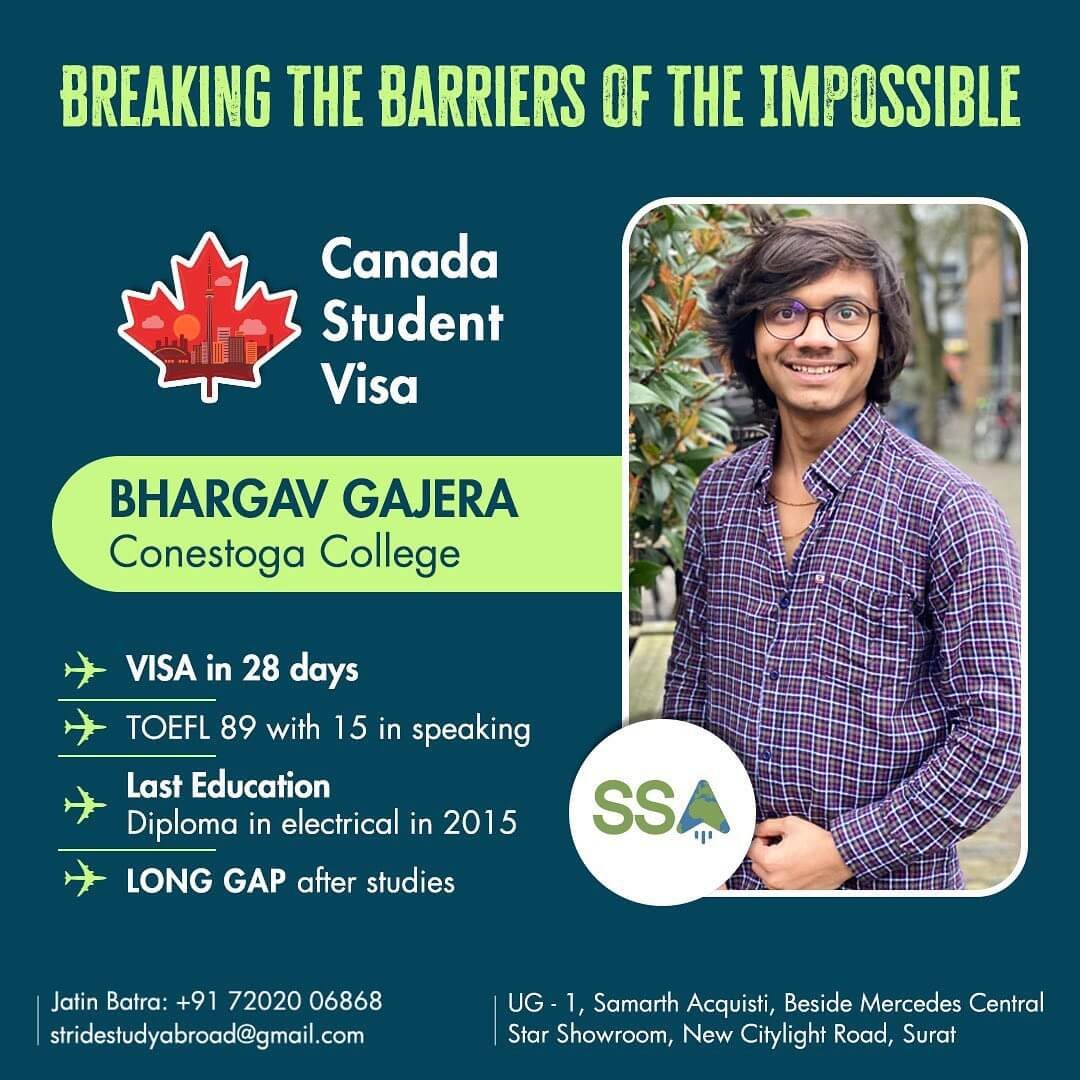









Canada Student Visa Cost
As per Citizenship and Immigration Canada (CIC), the Canadian study visa fee is 150 CAD + 85 CAD for Biometric, which does not include any additional services required by the applicant. Also, it is important to note that the application fee will vary depending on the university to which you are applying. You will need to submit proof of funds and the minimum bank balance along with letter of admission and other documents to apply for a Canadian Student Visa.
Documents Required for A Canadian Visa
- Proof of identity
- Proof of acceptance
- Valid Passport
- Passport size photos
- Proof of Financial Support
- A letter of Explanation
- A medical Exam
- An attestation of issuance of your Quebec Acceptance Certificate (CAQ)
- A custodian declaration (for minors only)
Courses to study in Canada
Business Management
Computer Science & IT
Engineering
Media & Journalism
Psychology & Human Resources
Medicine & Healthcare
Mathematics & Analytics
Physical & Earth Sciences and Renewable Energy
Artificial Intelligence
Agricultural Science & Forestry
Eligibility for Admission into Canadian Universities
- Transcripts or Marksheet of your previous degree or diploma
- GMAT or GRE Scores for MBA and Masters programs in Canada
- Statement of Purpose (SOP) & Letters of Recommendation (LOR)
- Acceptable English Proficiency Tests: TOEFL, IELTS, C1 Advanced
- If you are joining a French-based program then you will need French Proficiency Tests such as TEF, TCF, DALF and DELF
Study Culture in Canada
Canada is renowned for its rich and diverse culture, making it an ideal destination for international students seeking a welcoming and inclusive environment. The multicultural fabric of Canadian society not only fosters a sense of belonging but also encourages cross-cultural understanding and acceptance.
This cultural diversity offers international students a unique opportunity to immerse themselves in a tapestry of traditions, languages, and perspectives, facilitating personal growth and global awareness. With a focus on equality, respect, and openness, Canadian culture nurtures an environment where international students can thrive, form lasting connections, and expand their horizons, creating a fulfilling and enriching educational experience.

Part-time Jobs and Wage Rate
Typically, a student is paid on an hourly basis for part-time jobs in Canada. On average, a student is paid about $15 per hour.
A student can work Part-Time upto 20 hours per week during studies or during the course & Full-time during Semester Break.
Also, if a student wants to gain work experience like helping a professor with research work then no work permit is needed.
Student can get upto 3 years of PostStay Back Option available after studies in order to gain professional work experience.
Benefits of studying in Canada
- According to the U.S. News & World Report, 2022, Canada ranks third globally in terms of quality of life.
- It is a safe, open, and culturally diverse country making you feel welcome in both universities as well as communities.
- Canada is renowned for its world-class education system and its universities and colleges consistently rank among the top in global university rankings.
- Canadian institutions offer a vast array of programs and courses, catering to various academic interests and career goals.
- Studying in Canada provides an opportunity to interact with students from diverse cultural backgrounds, fostering cross-cultural understanding, and expanding your global perspective.
- Canada offers favorable post-study work and immigration opportunities for international students.
Accommodation in Canada
The price range for on-campus accommodation in Canada varies from CAD $3000 to $7500 per year, contingent upon the specific region you select for your studies.
The rental prices differ across cities in Canada, with metropolitan cities such as Vancouver, Toronto, and Calgary being the most expensive to live in. Therefore, international students seeking off-campus accommodation can expect to spend between CAD $750 and $2200 per month.
International students in Canada have various accommodation options available to ensure their comfort. They can choose from staying with host families, university residences, or rental apartments, selecting the style of accommodation that suits their lifestyle preferences.
Transportation Cost in Canada
Students who live in close proximity to their educational institutions often choose to commute by foot, while those residing further away in cities like Vancouver, Montreal, or Toronto typically opt for commuting via the metro or bus. The monthly train passes for commuting range from CAD 80 to 110, but students who possess valid identification cards may be eligible for a discount on their train pass.
Future Prospects

Studying in Canada opens the doors to a world of boundless opportunities and promising future prospects. With its globally recognized education system, diverse range of programs, and emphasis on research and innovation, students are equipped with the knowledge and skills needed to thrive in their chosen fields.
The multicultural environment fosters intercultural competence and prepares students for a globalized workforce. Moreover, Canada’s strong economy, post-graduation work opportunities, and immigration pathways provide a solid foundation for long-term career growth and potential pathways to permanent residency. By studying in Canada, students are empowered to shape their futures, build successful careers, and make a positive impact on the world.
FAQ's
To apply for a student visa, also known as a study permit, you’ll generally need to have a letter of acceptance from a designated learning institution in Canada, proof of financial support, a valid passport, and proof of your language proficiency. At Stride Study Abroad, we help simplify the process for you and help you achieve your dream to study in Canada.
Tuition fees and living expenses can vary depending on the institution, program of study, and location in Canada. Generally, international student tuition fees are higher than those for domestic students. On average, undergraduate international students can expect to pay between CAD 15,000 and CAD 35,000 per year, while graduate programs can range from CAD 10,000 to CAD 50,000 per year. Living expenses, including accommodation, food, transportation, and personal expenses, can vary depending on the city and lifestyle, but a rough estimate is around CAD 10,000 to CAD 15,000 per year.
Yes, there are various scholarships, grants, and bursaries available for international students in Canada. These scholarships can be offered by the Canadian government, individual universities, or external organizations. Some scholarships are merit-based, while others are need-based.
Yes, international students in Canada are generally allowed to work while studying. International students with a valid study permit can work up to 20 hours per week during the academic session and full-time during scheduled breaks, such as winter or summer holidays. However, it’s crucial to check the latest regulations and restrictions imposed by the Canadian government, as the policies may be subject to change.


